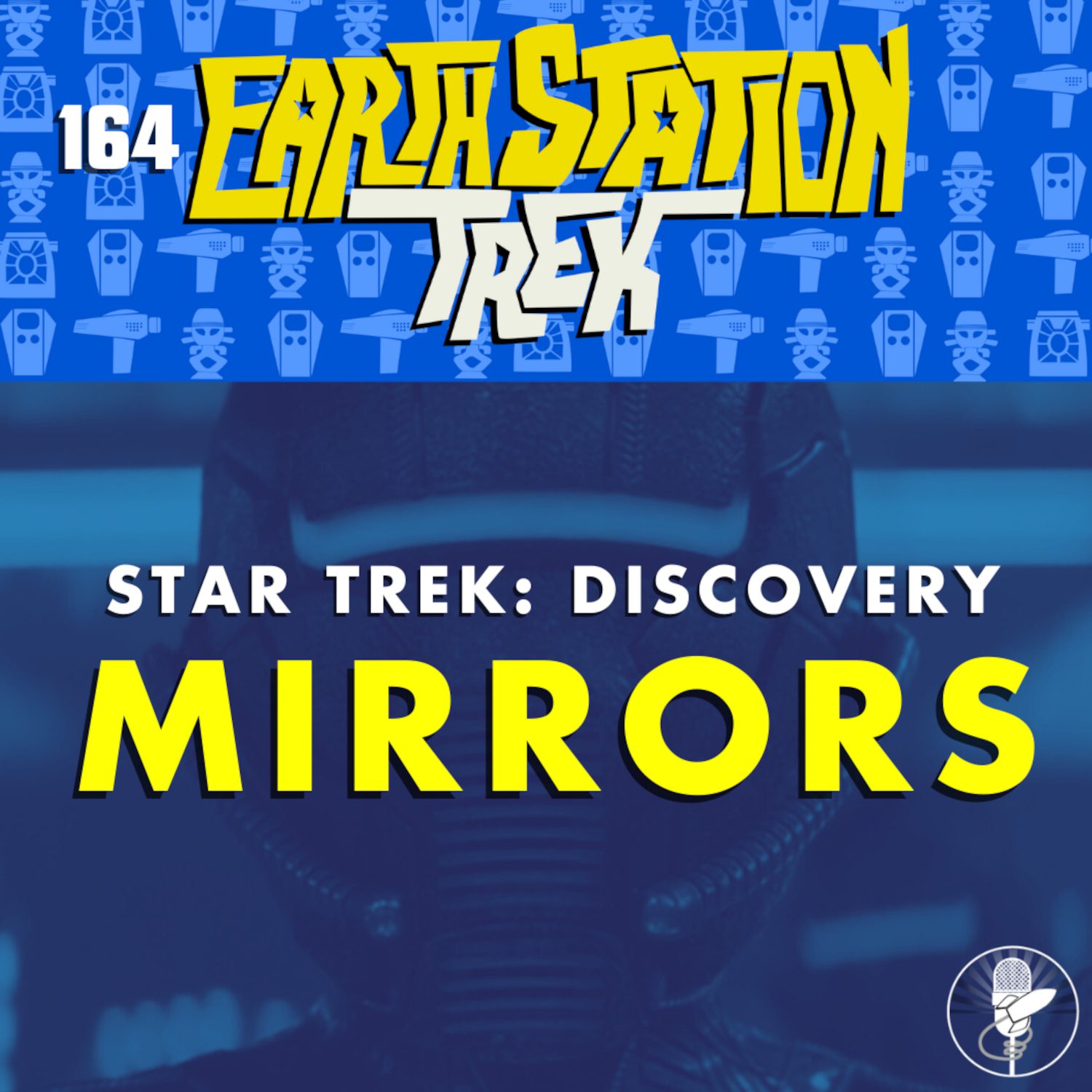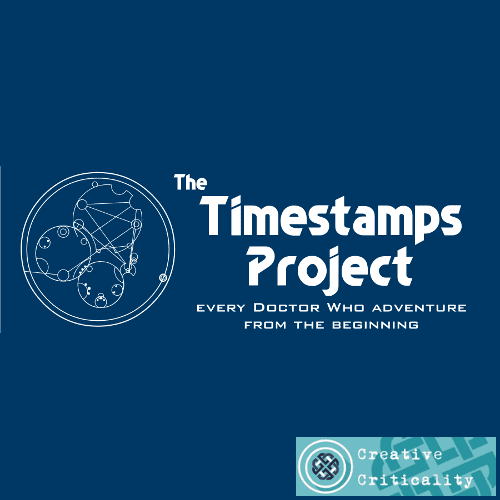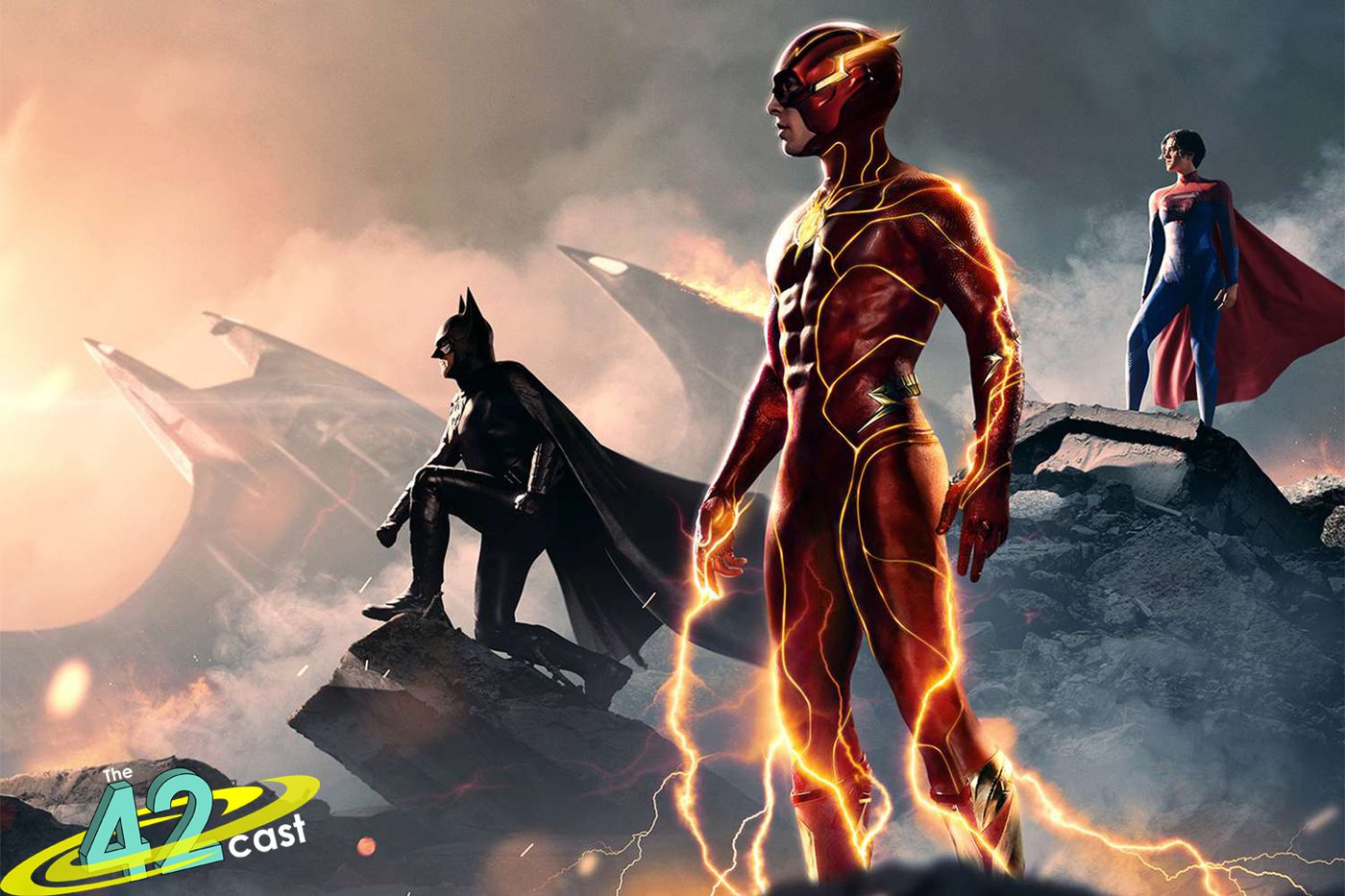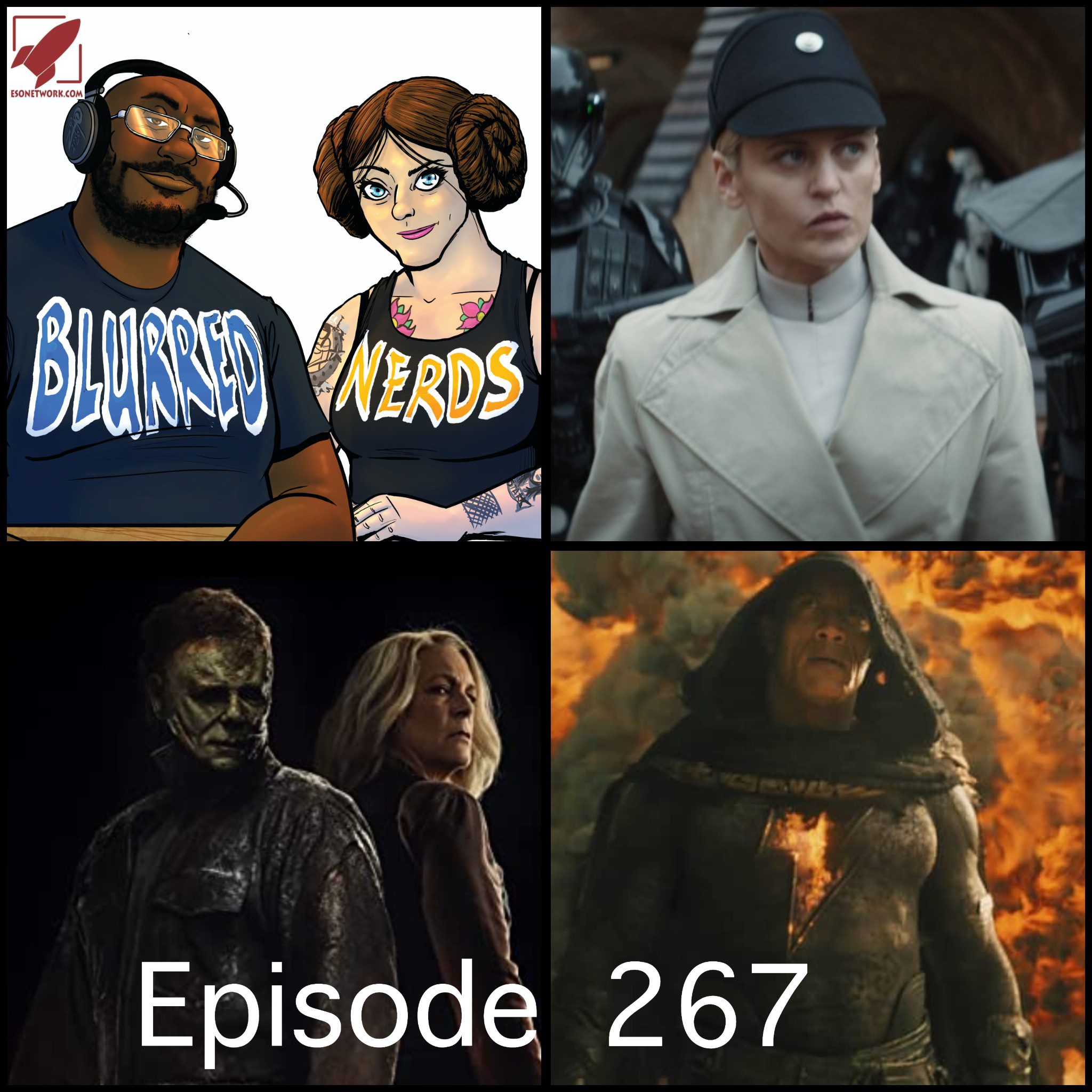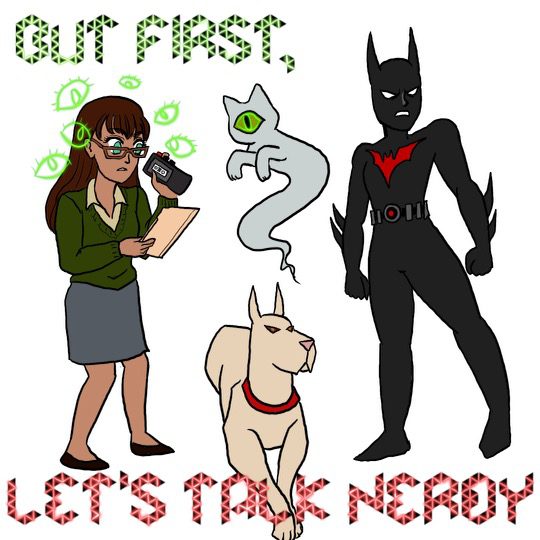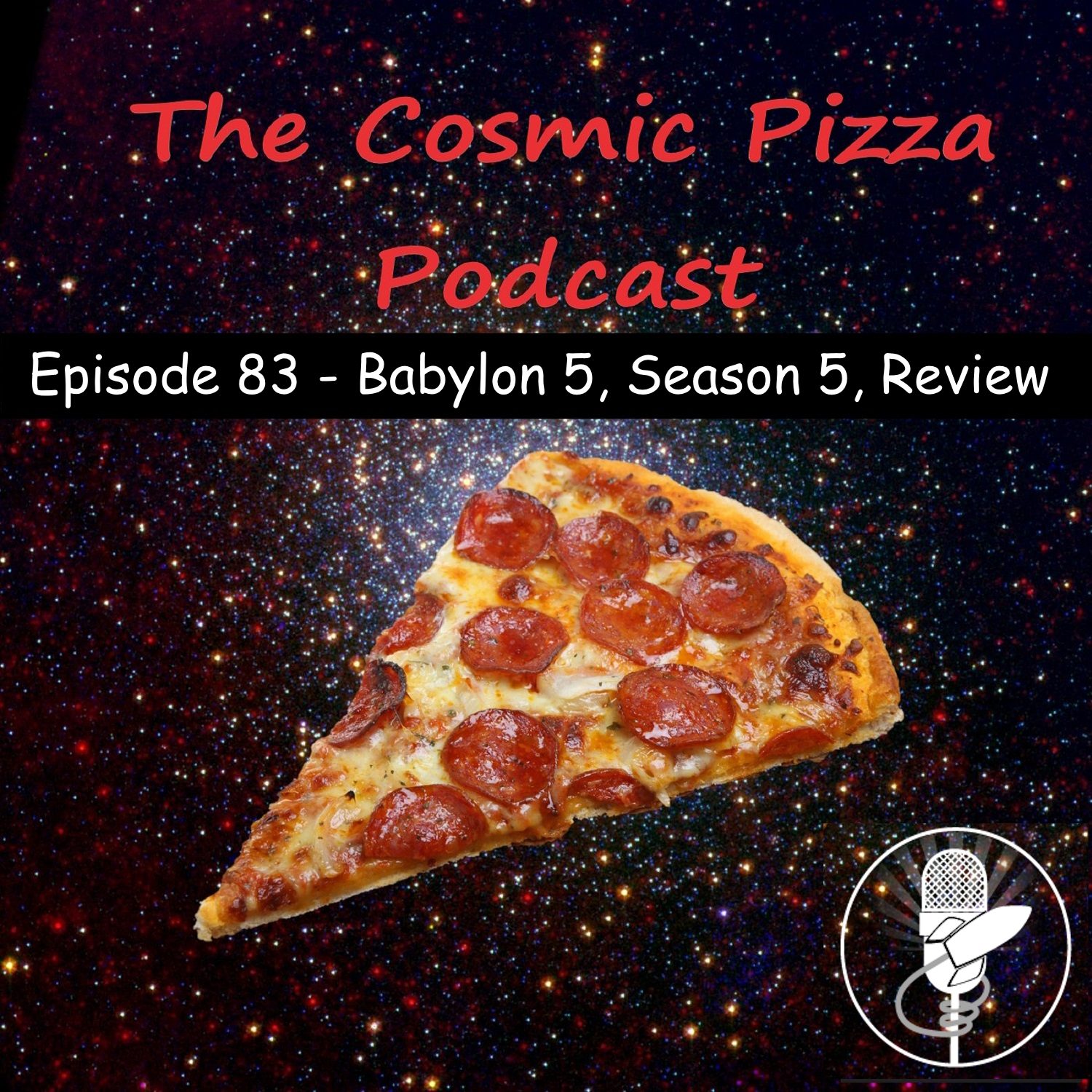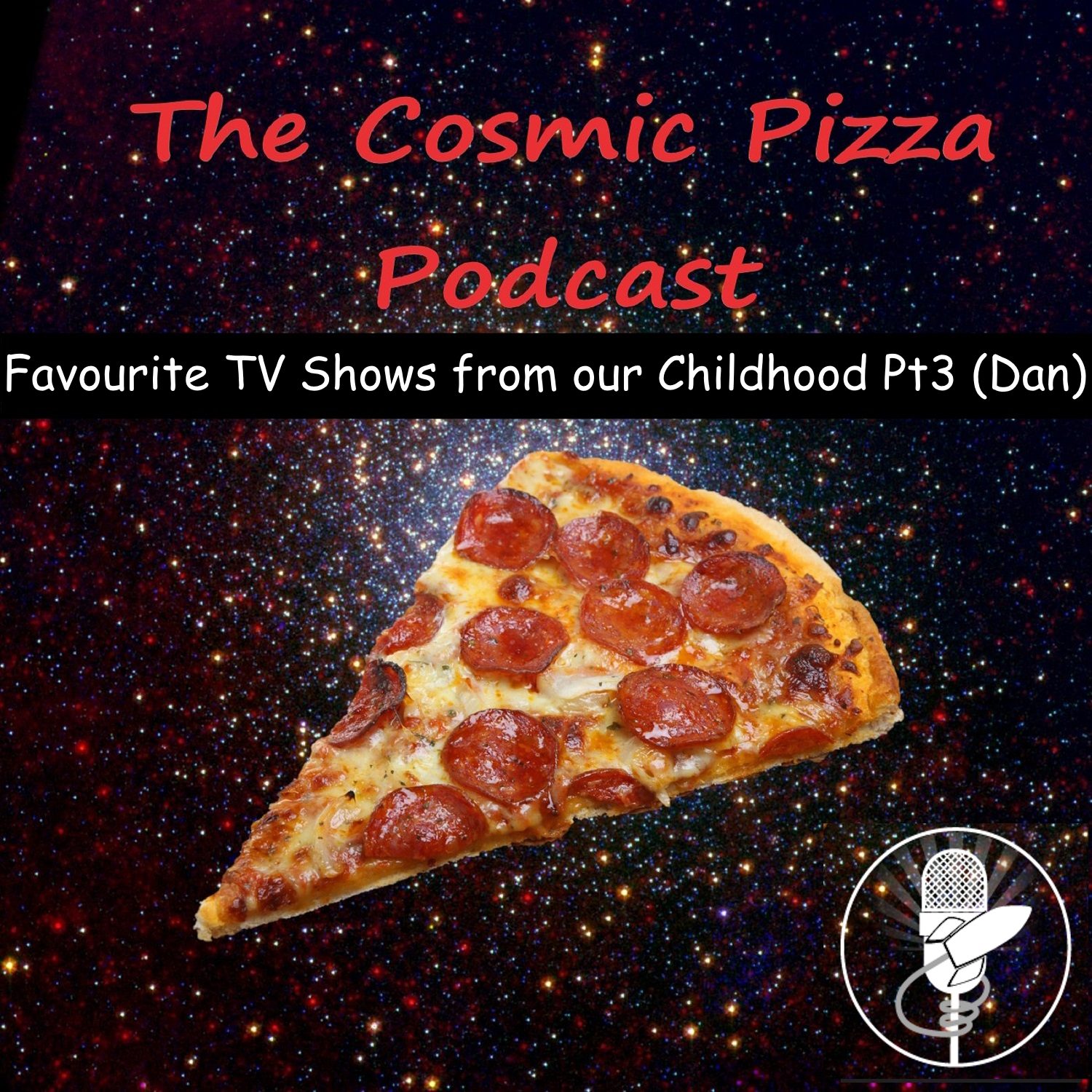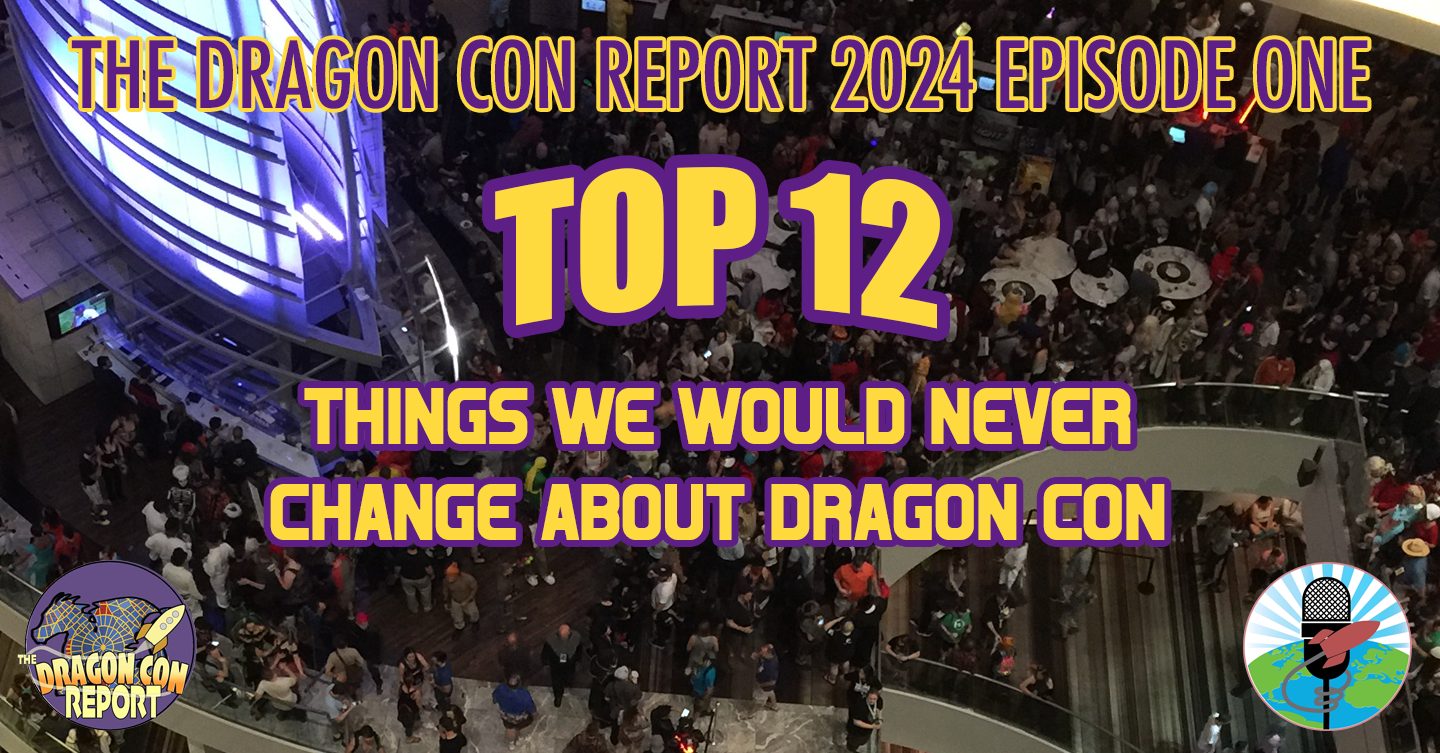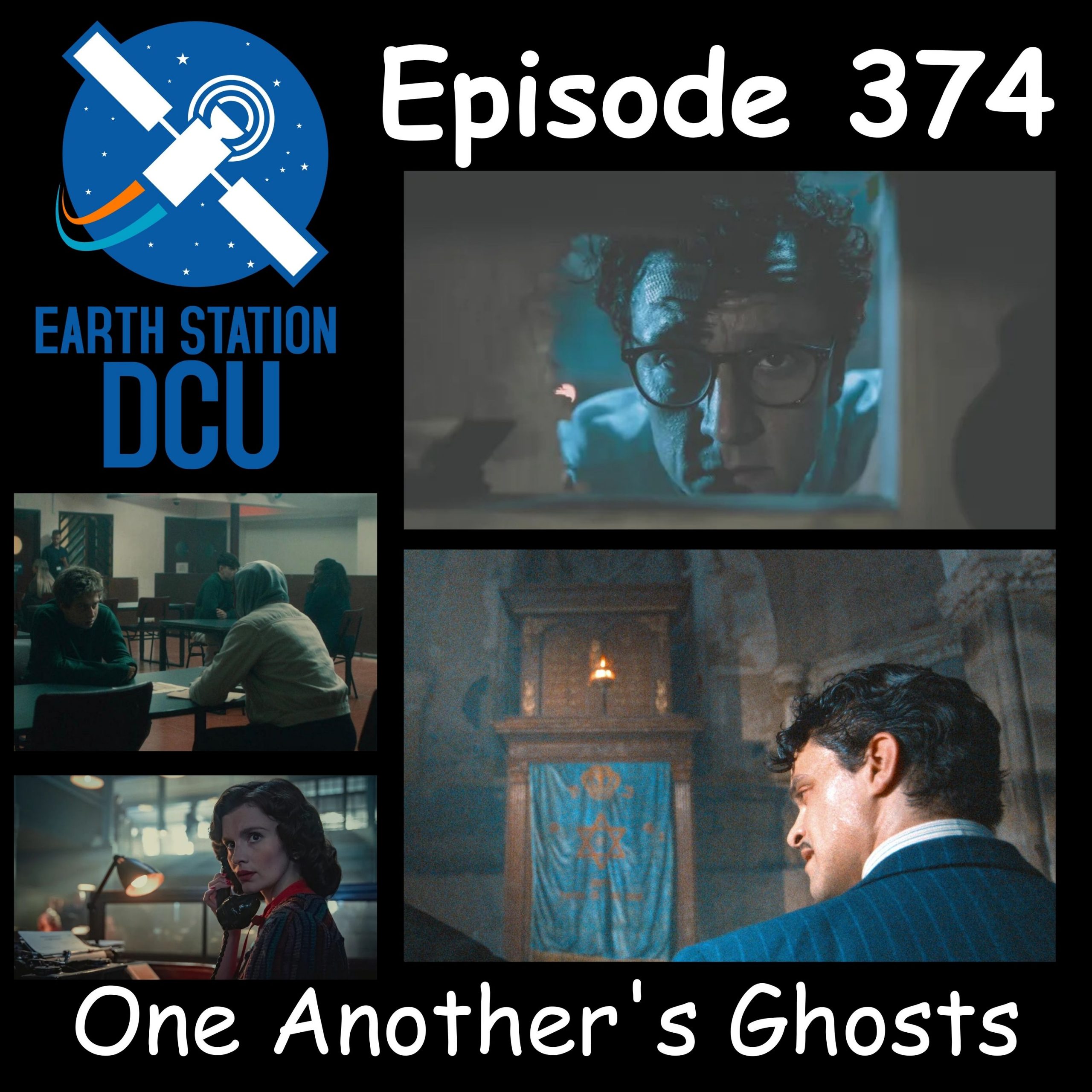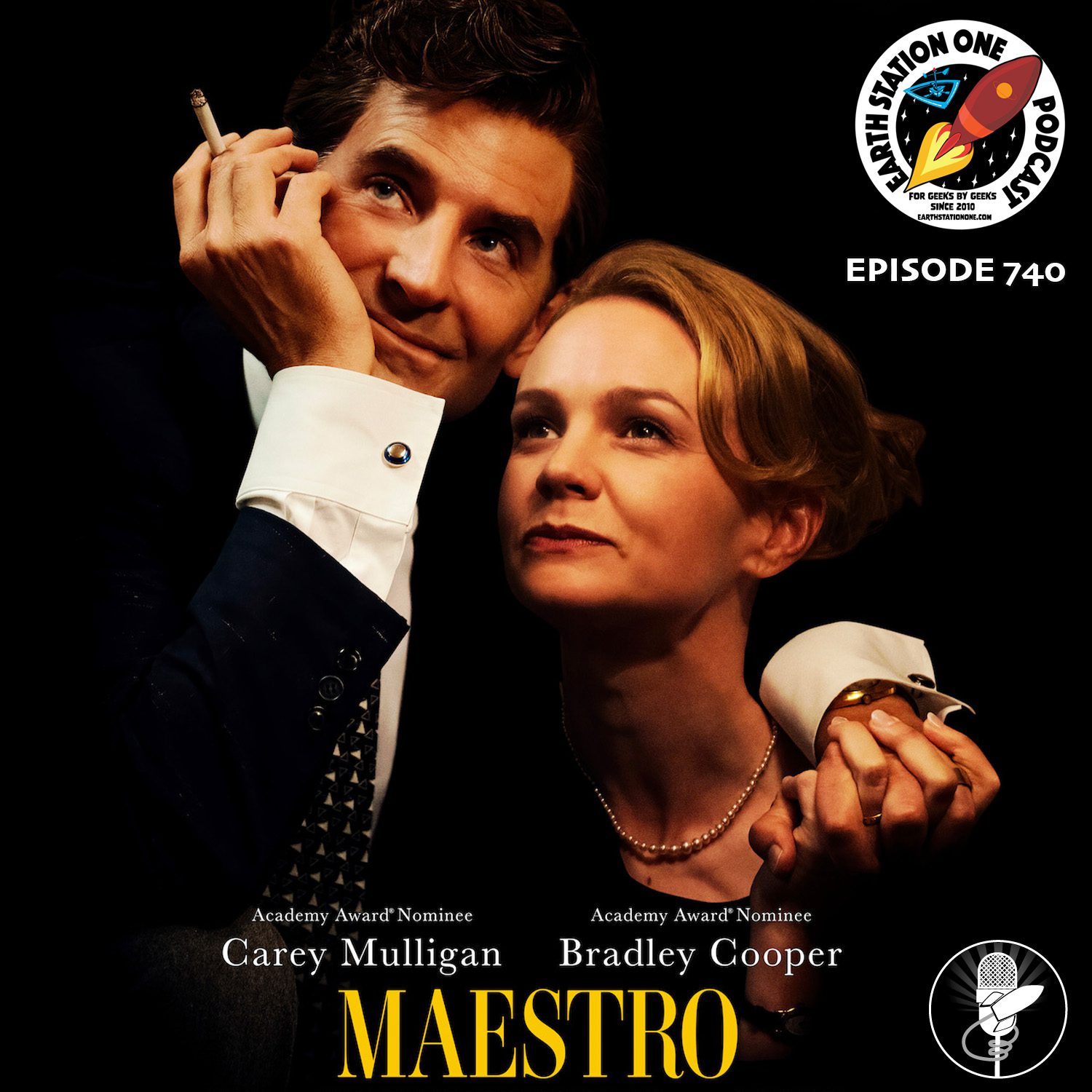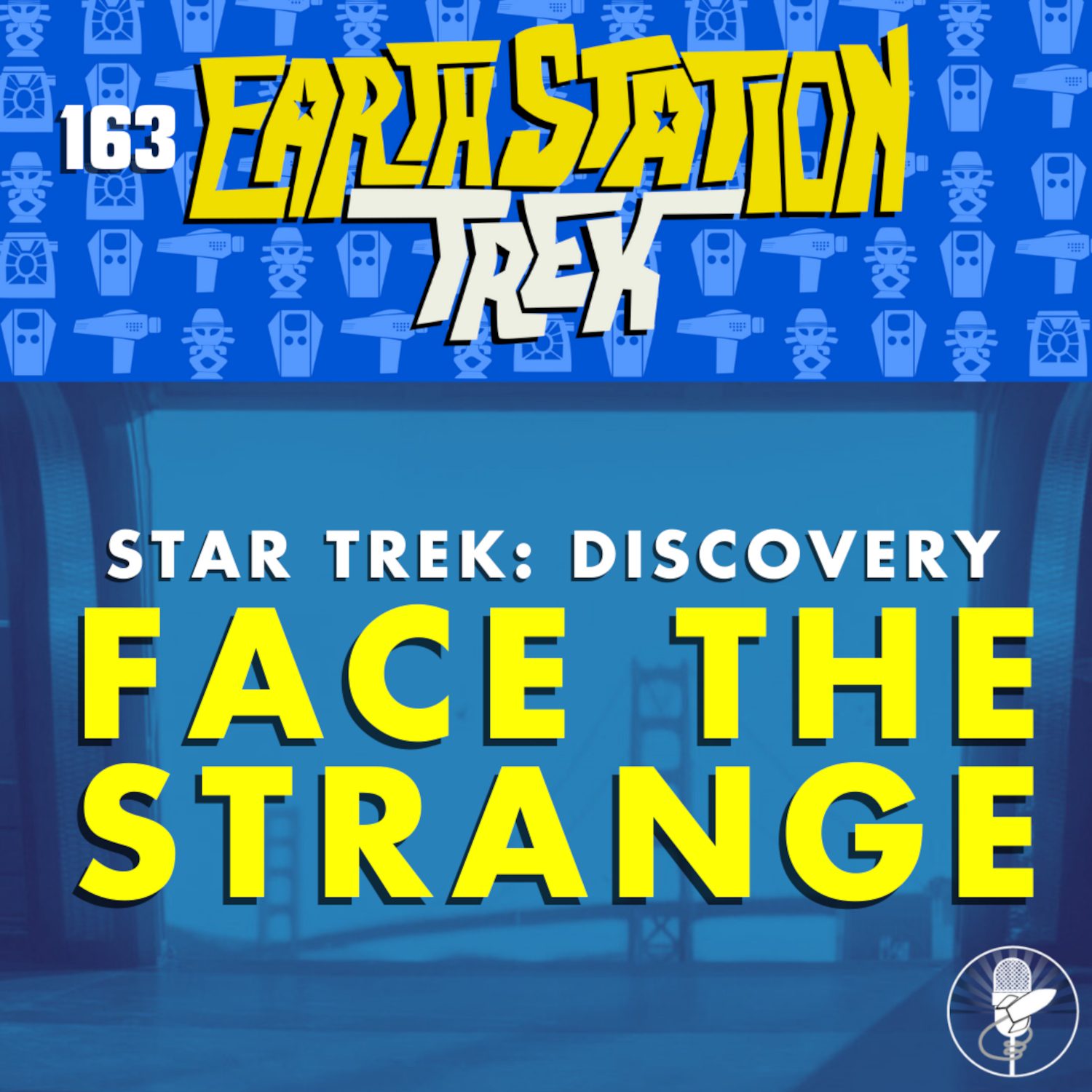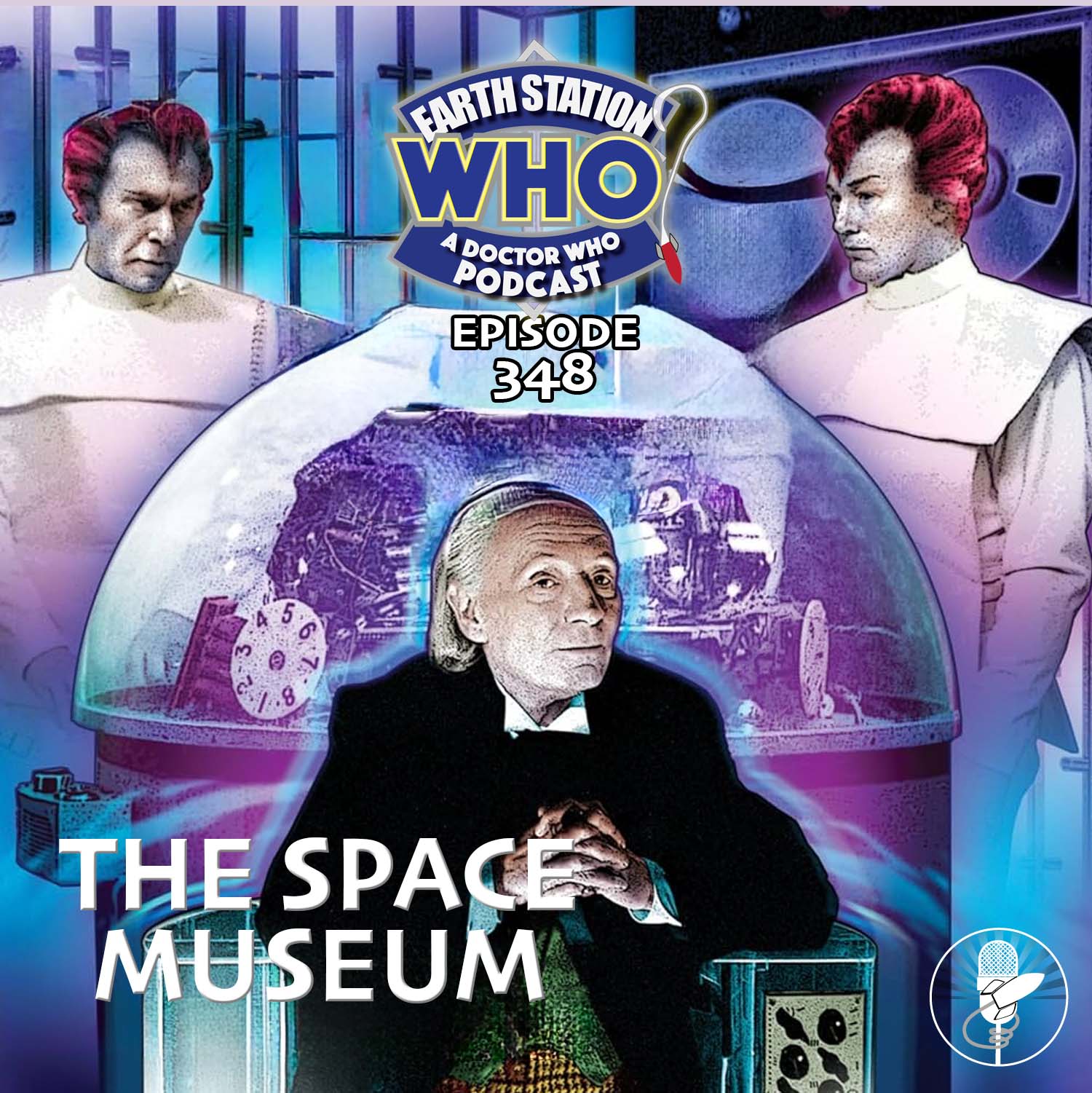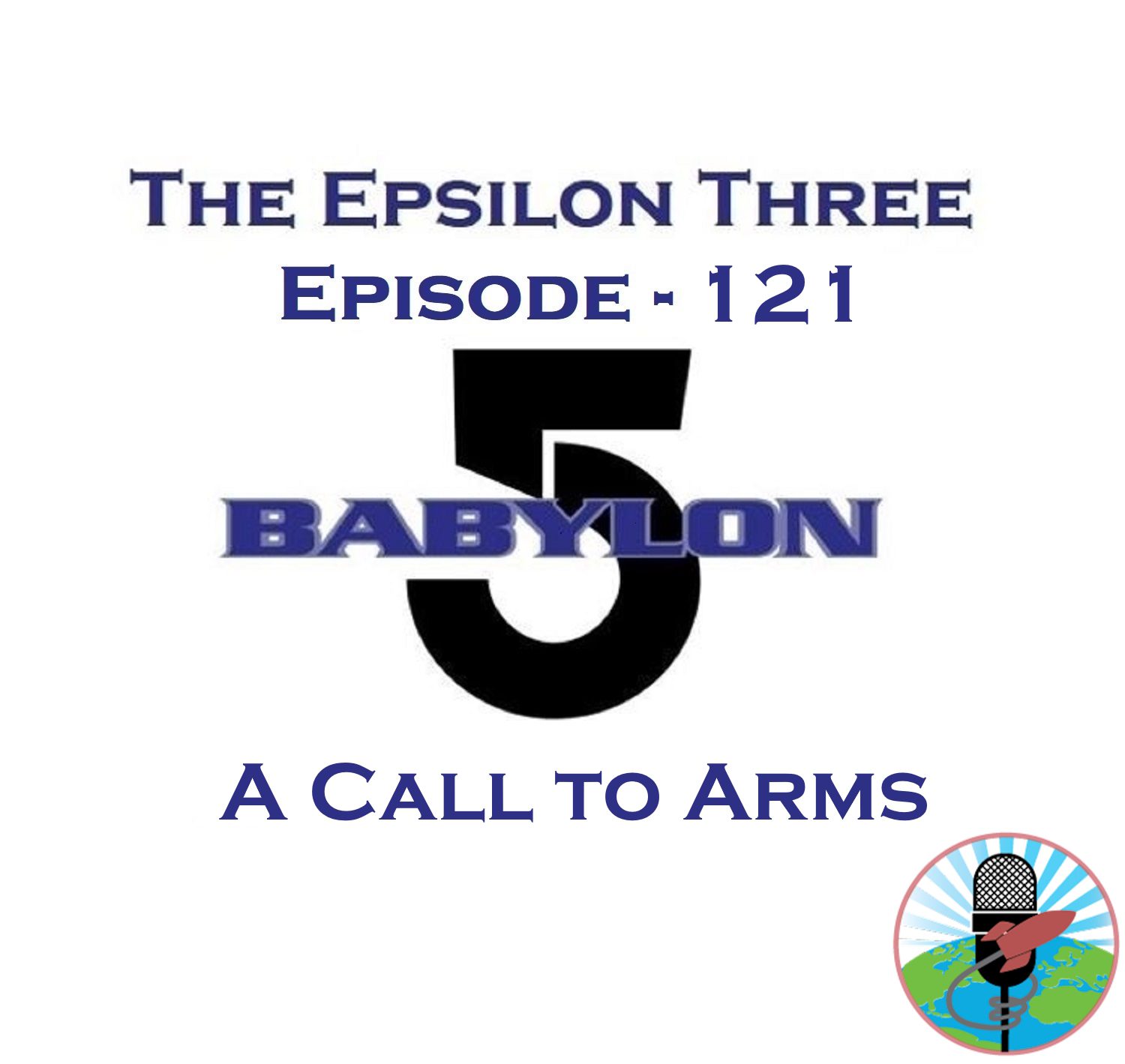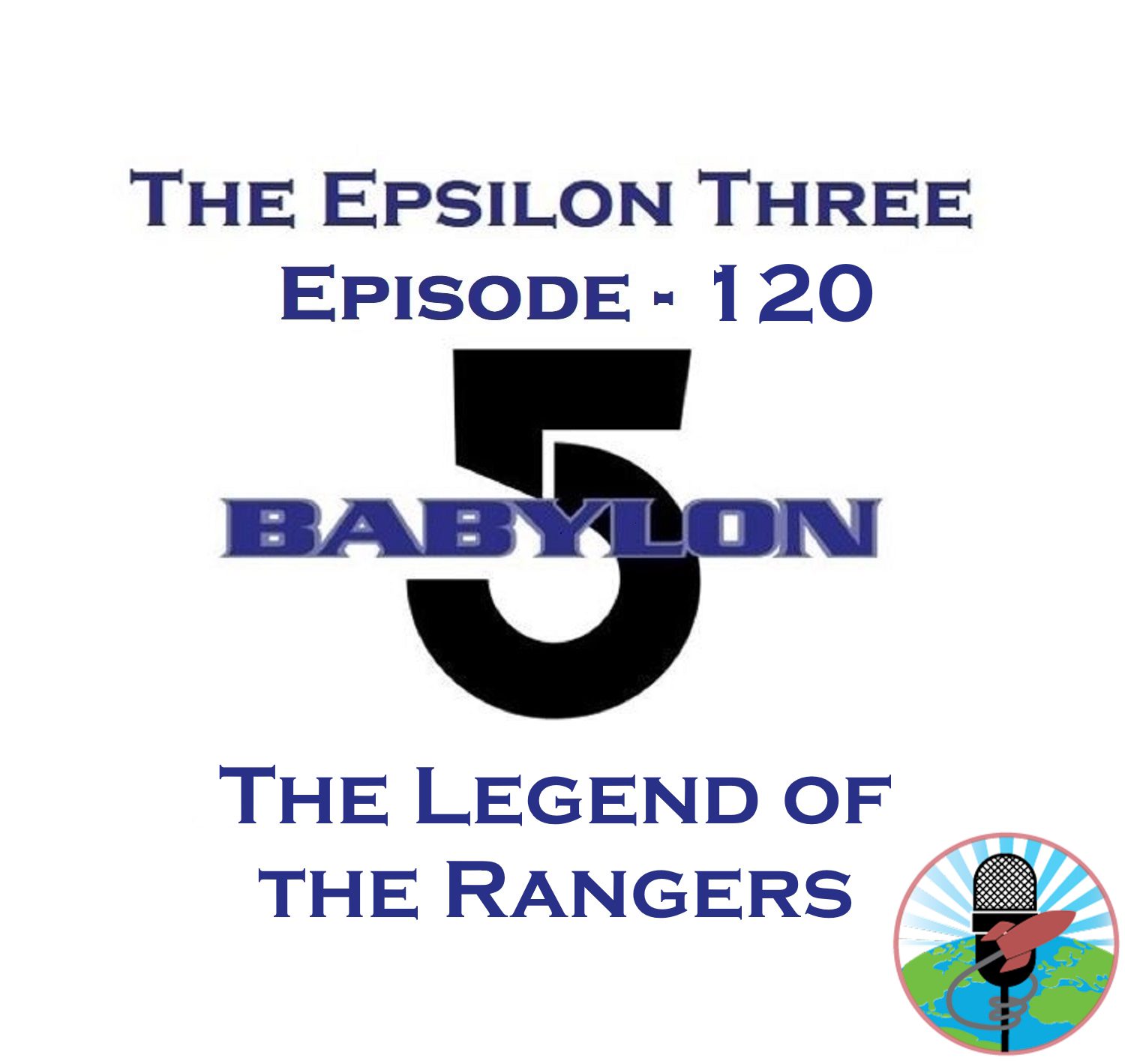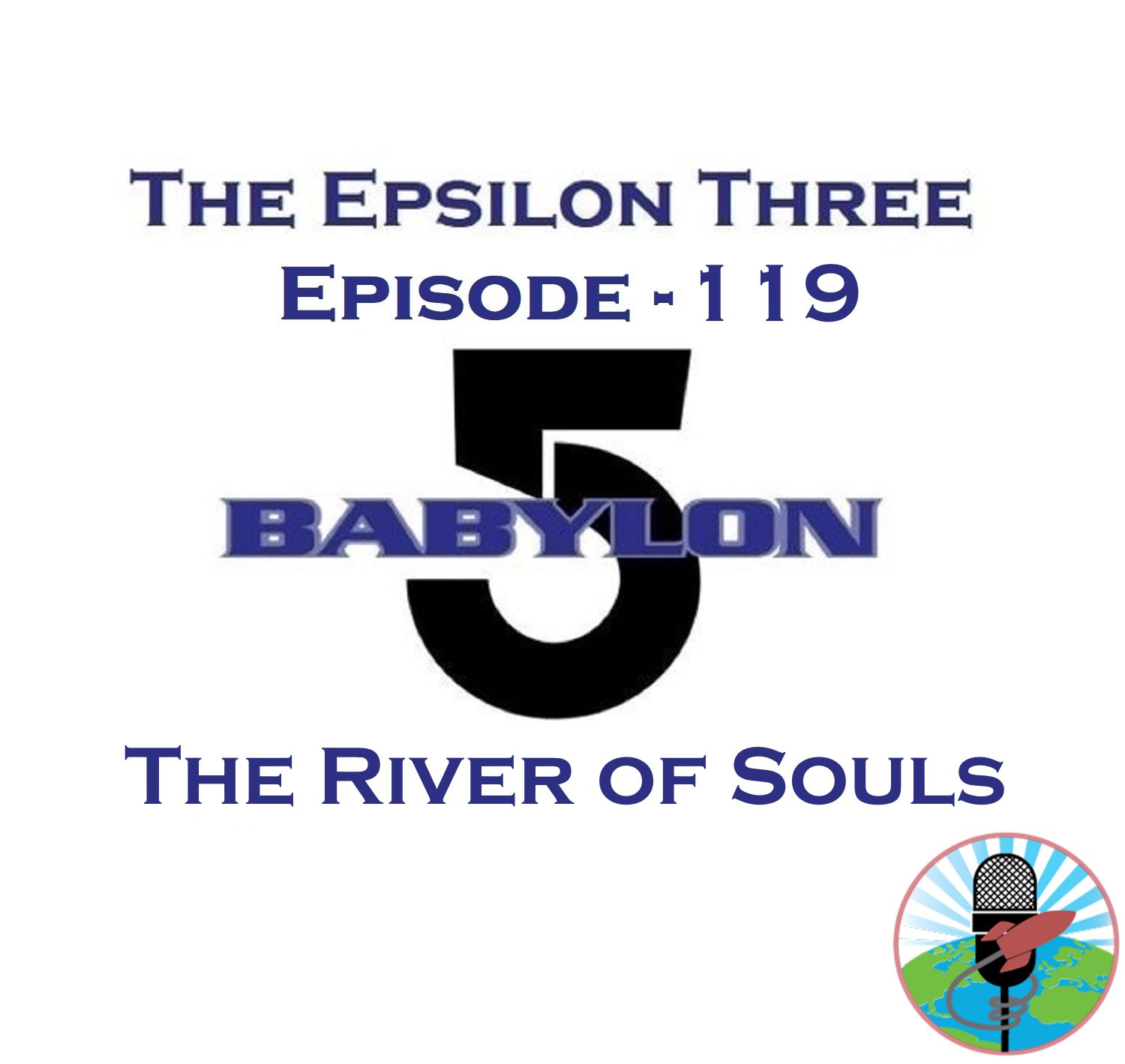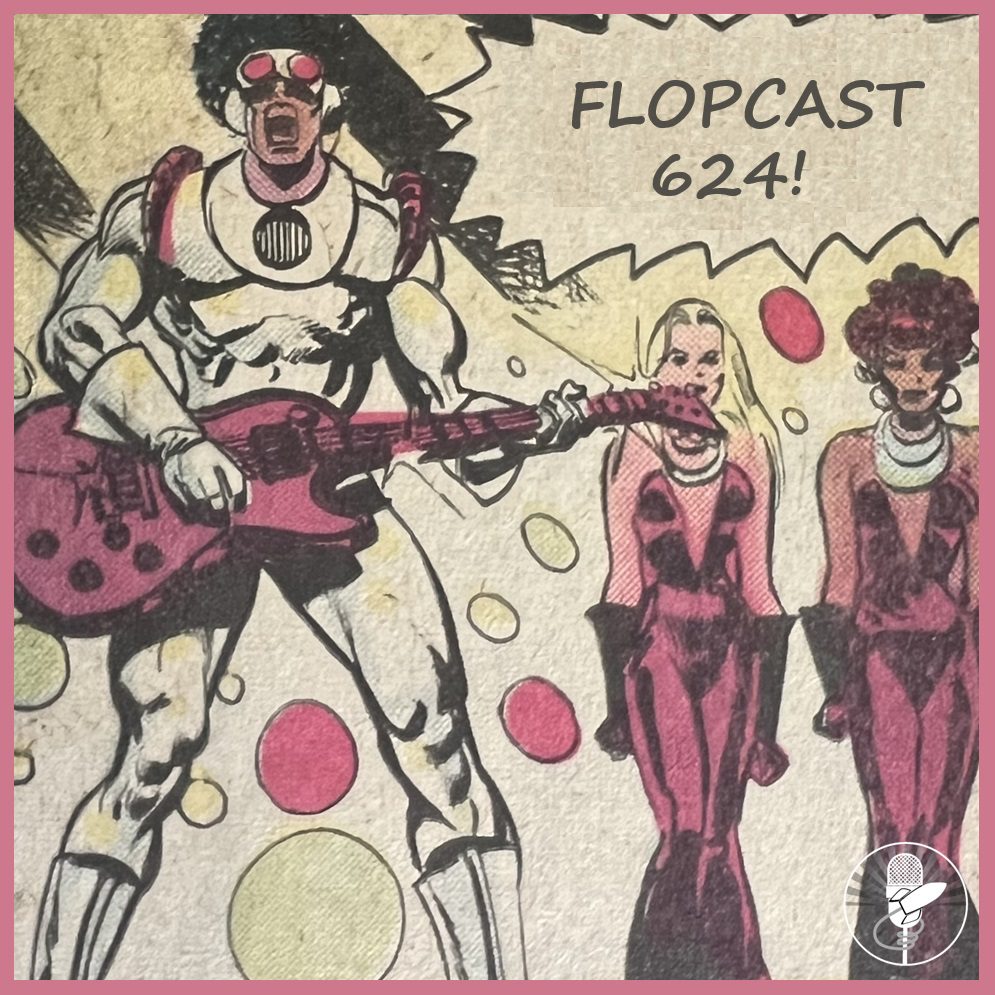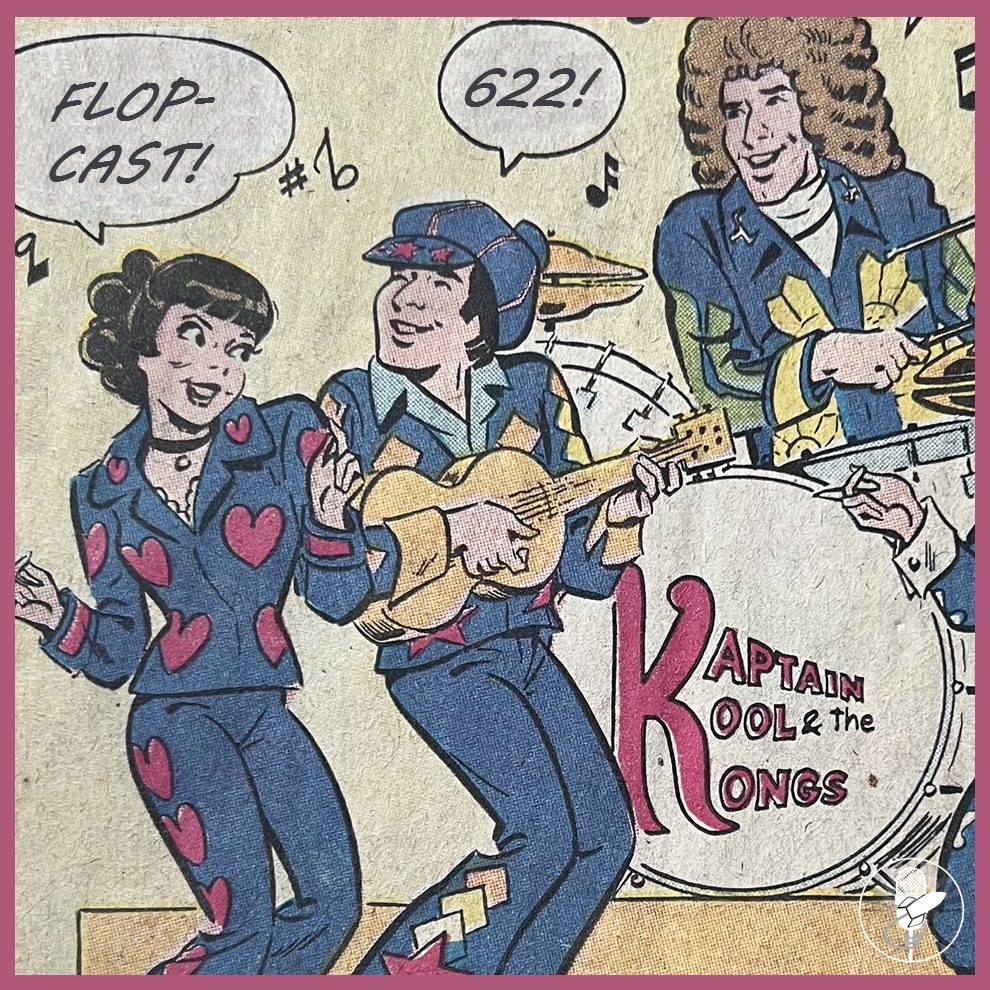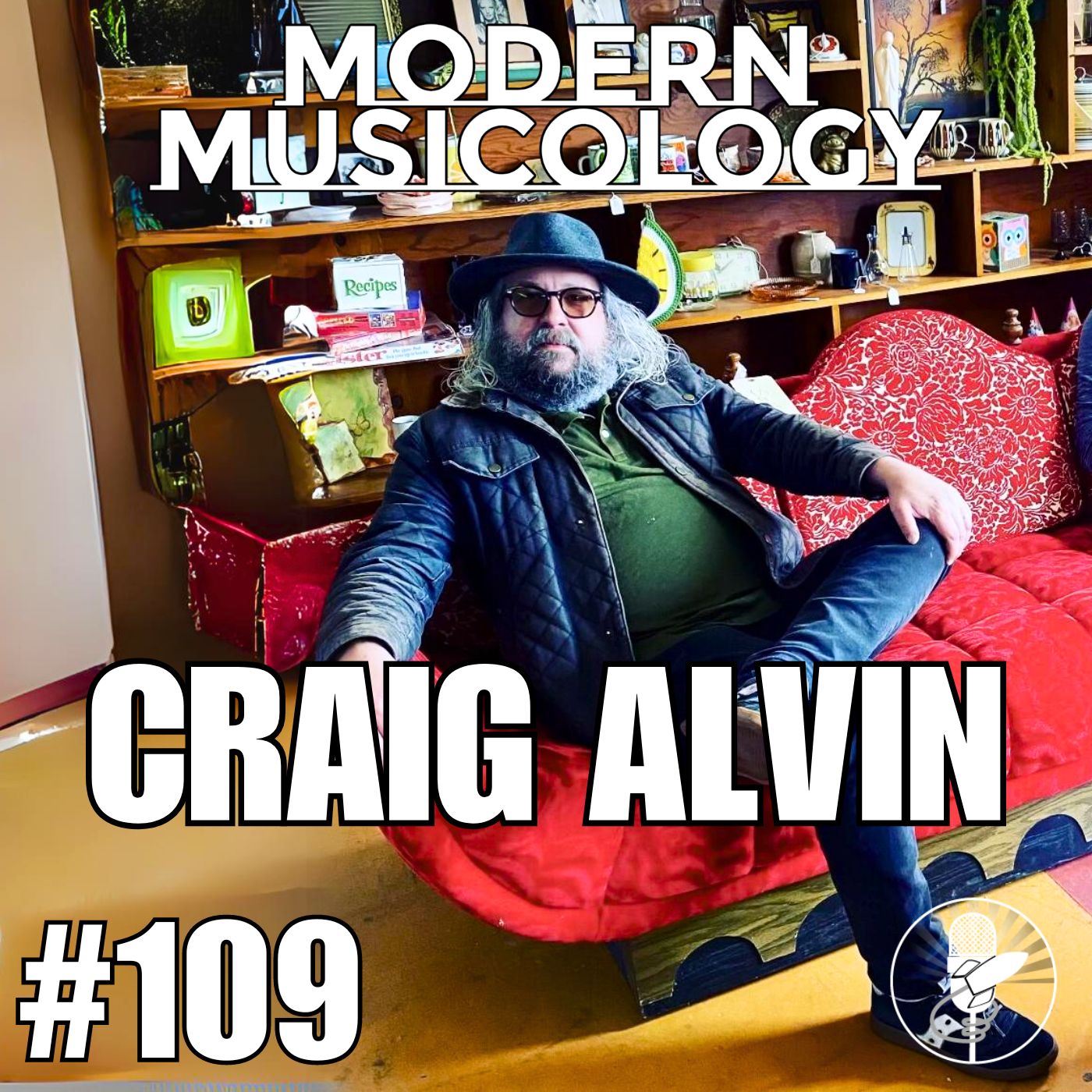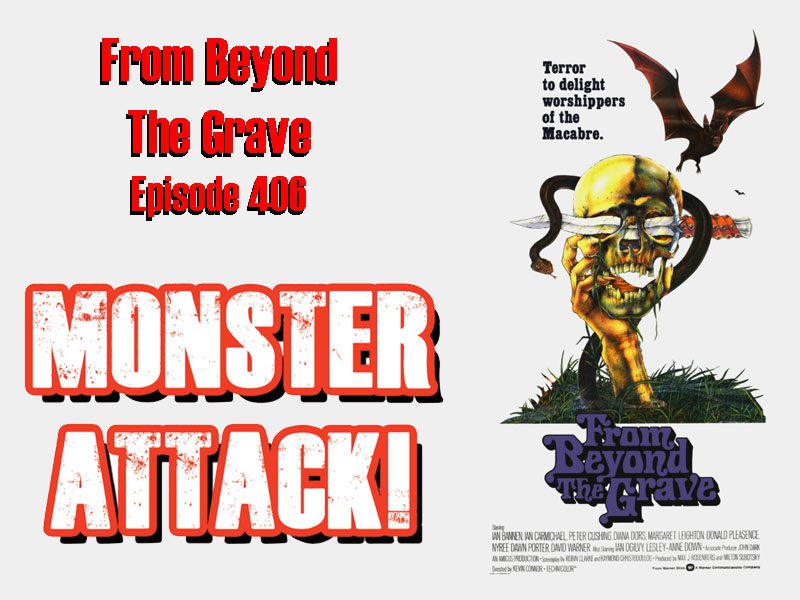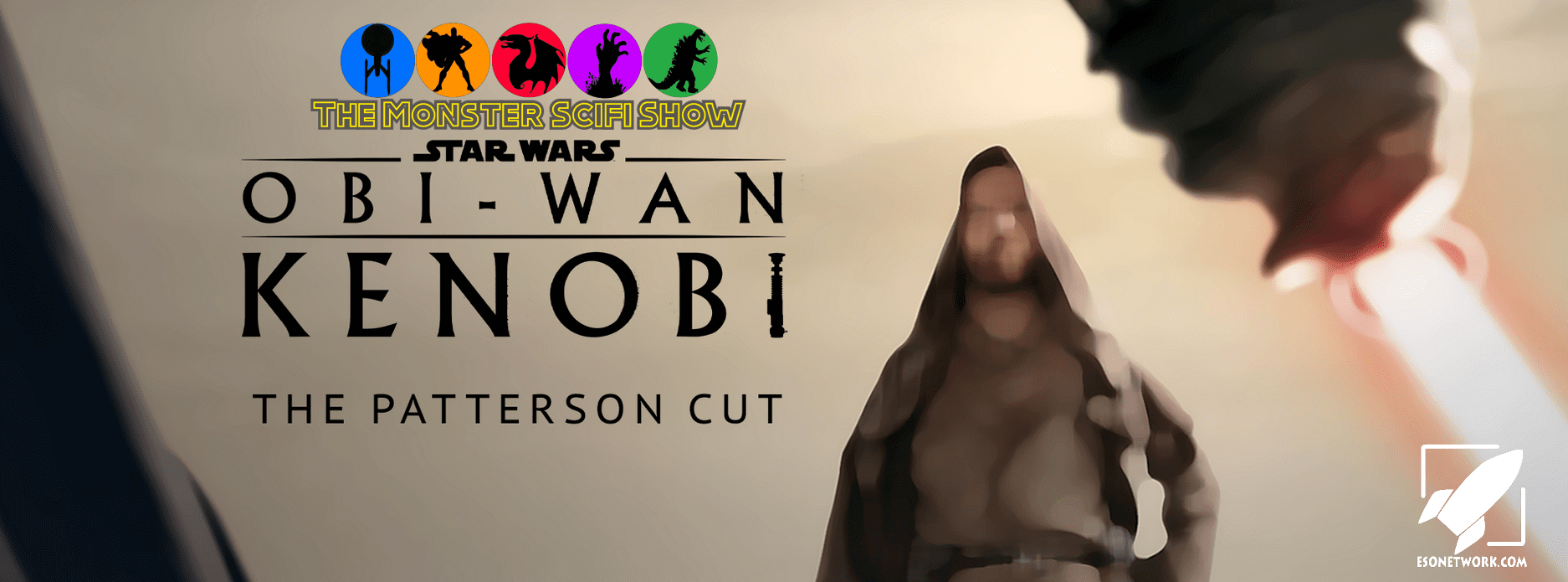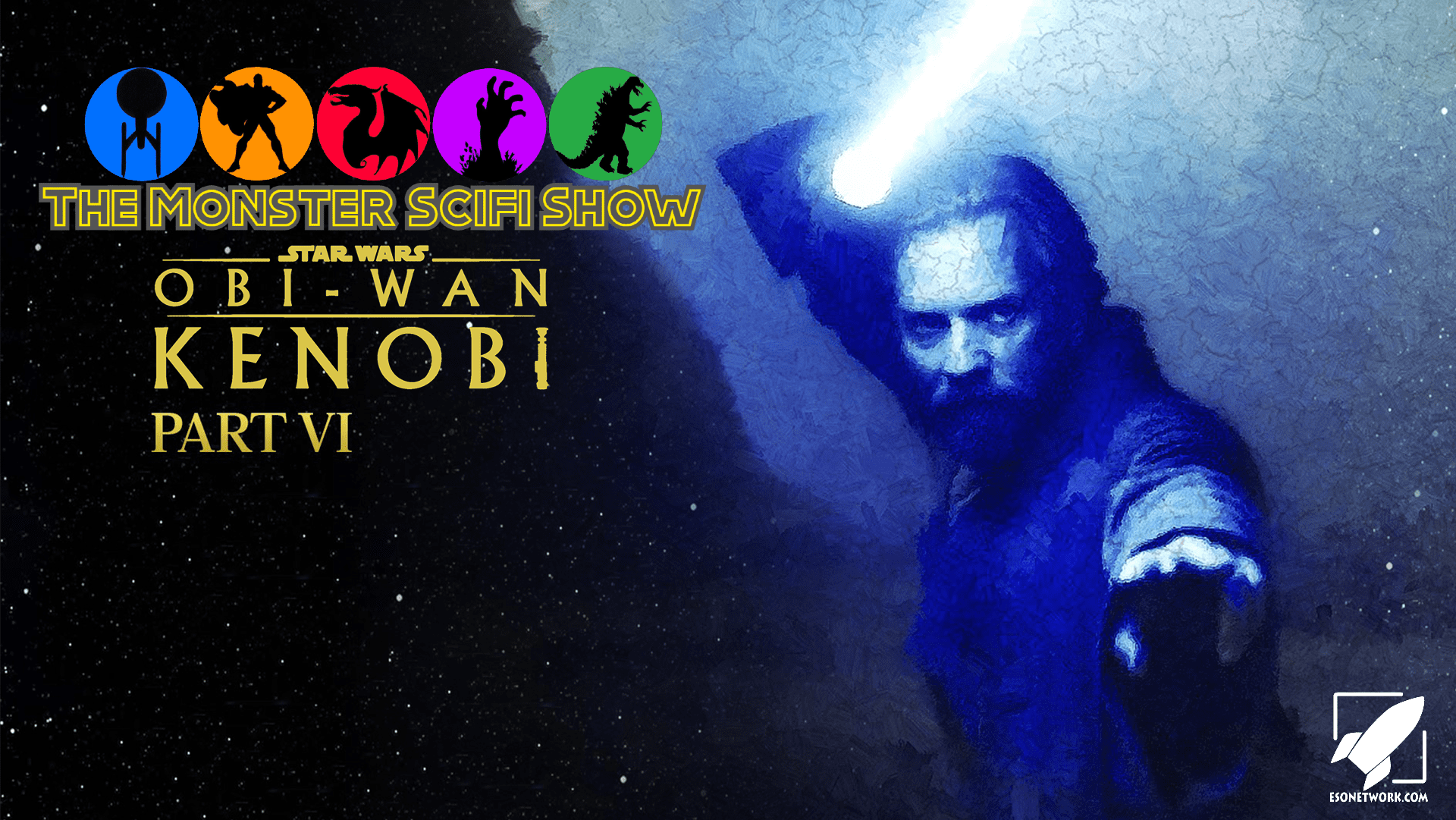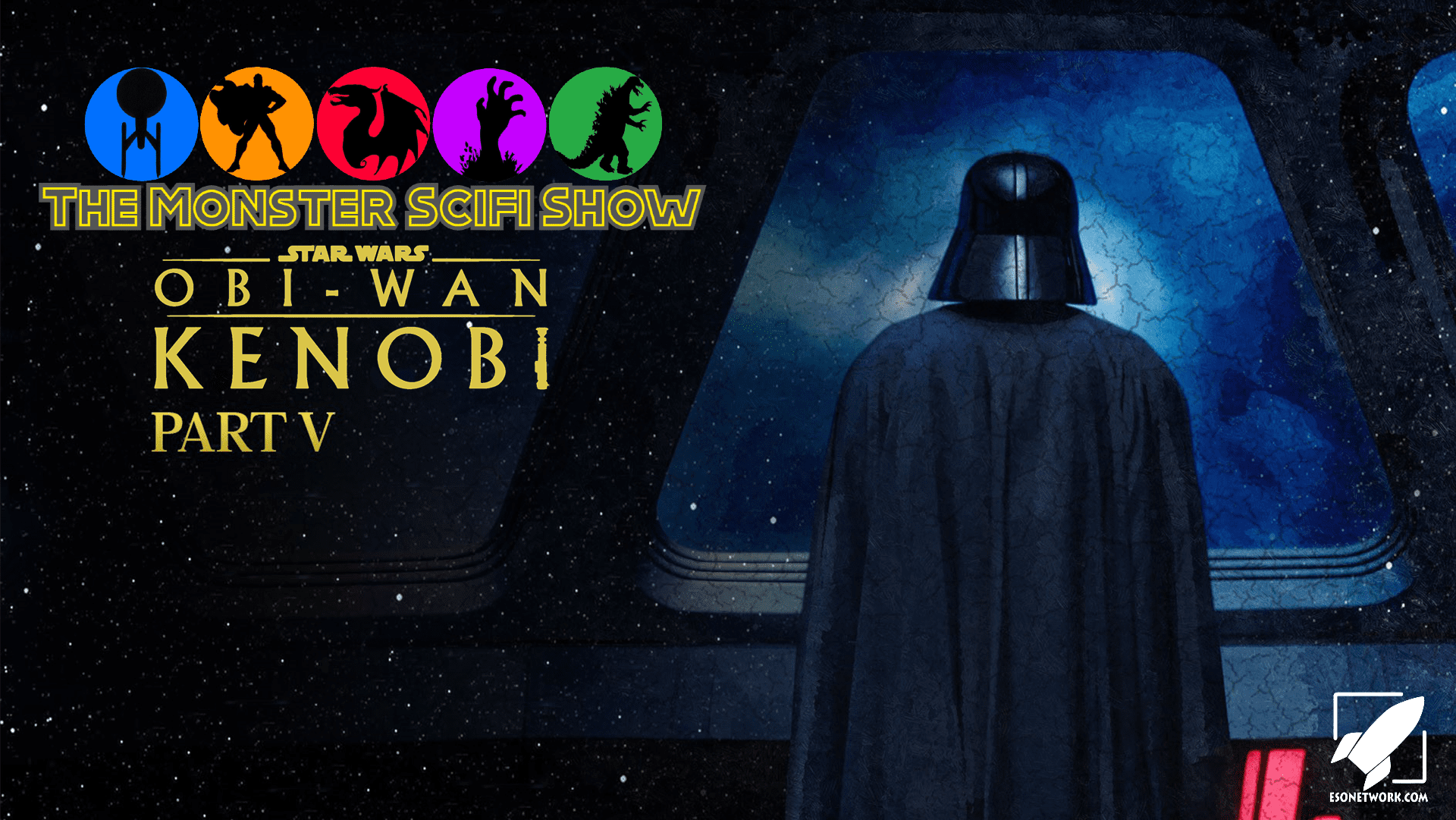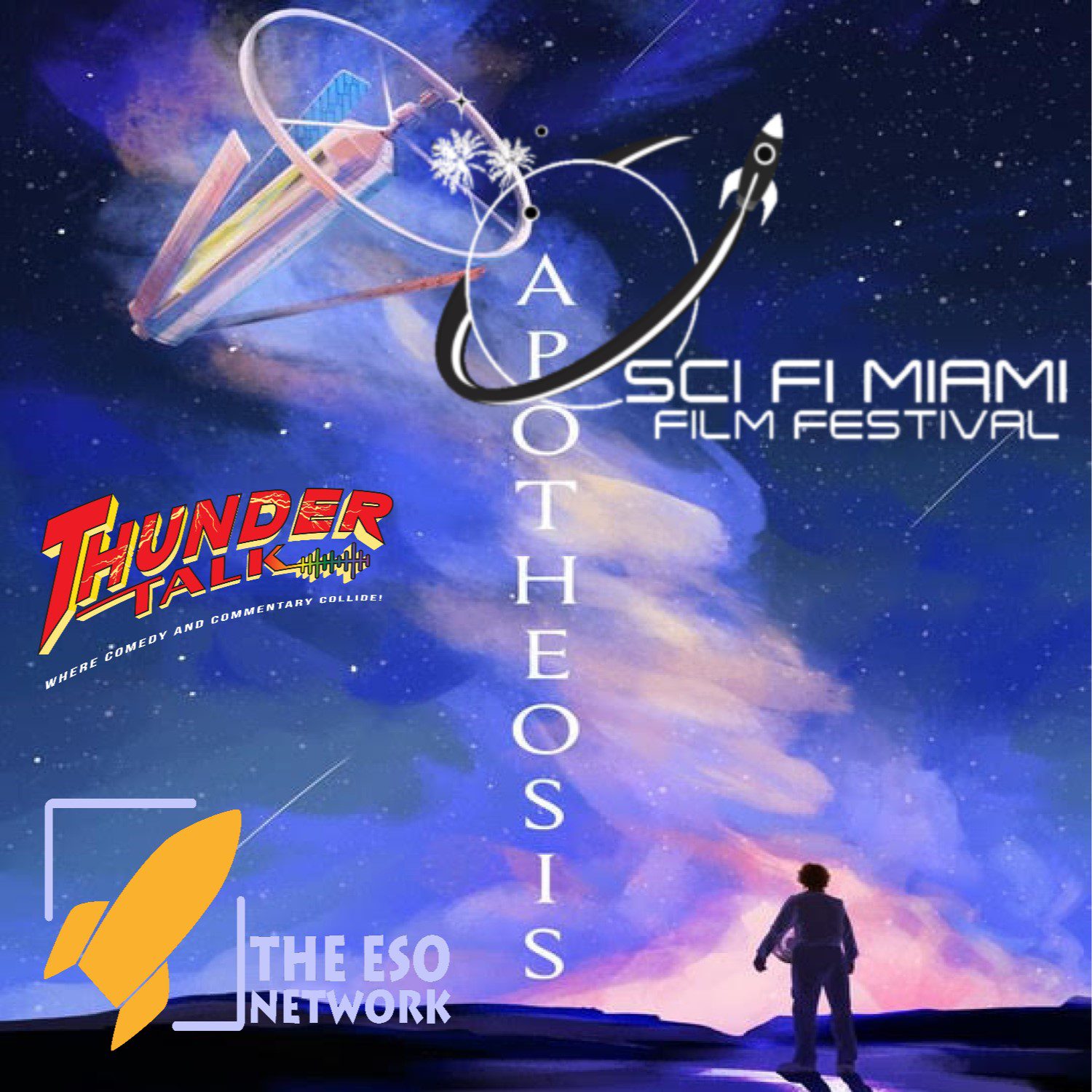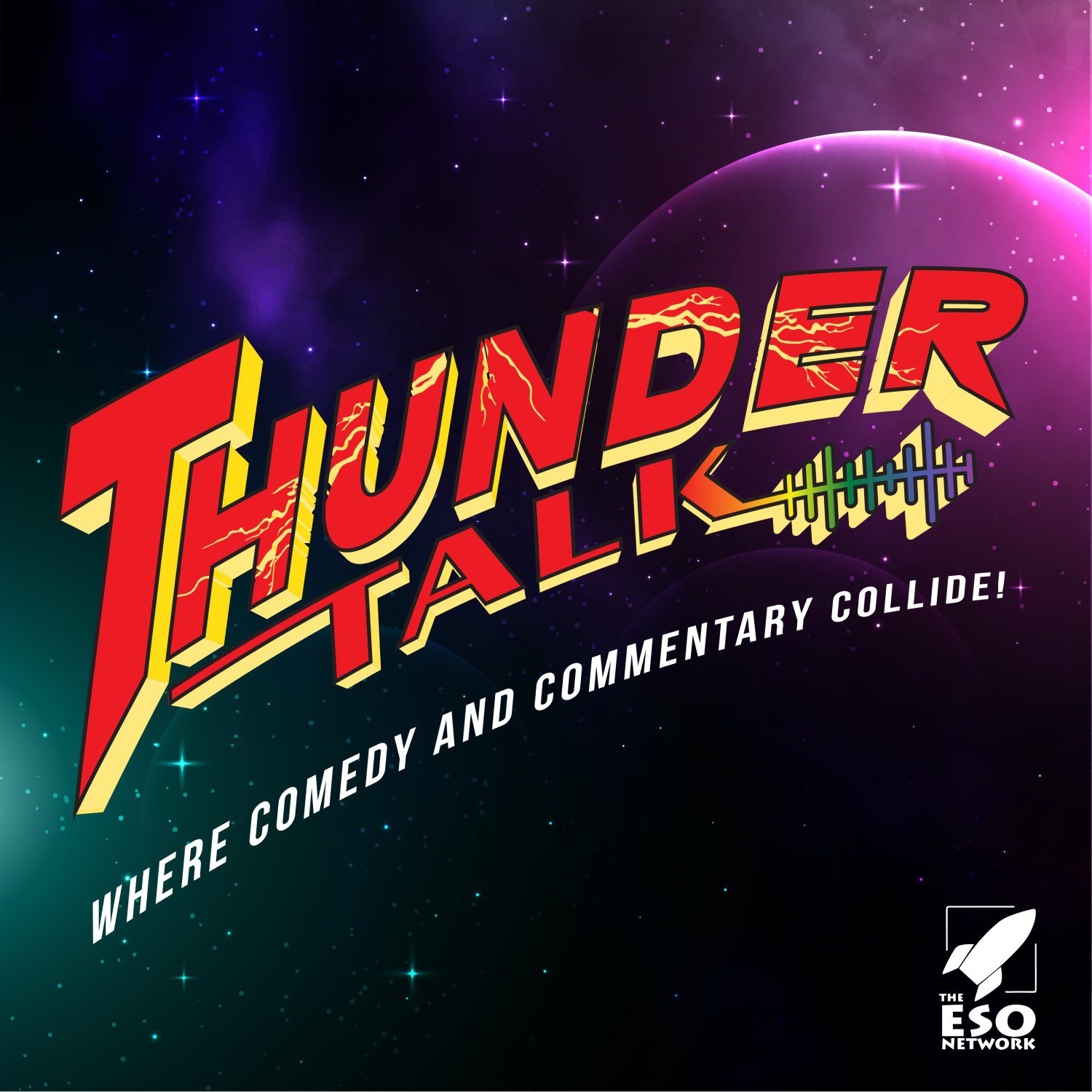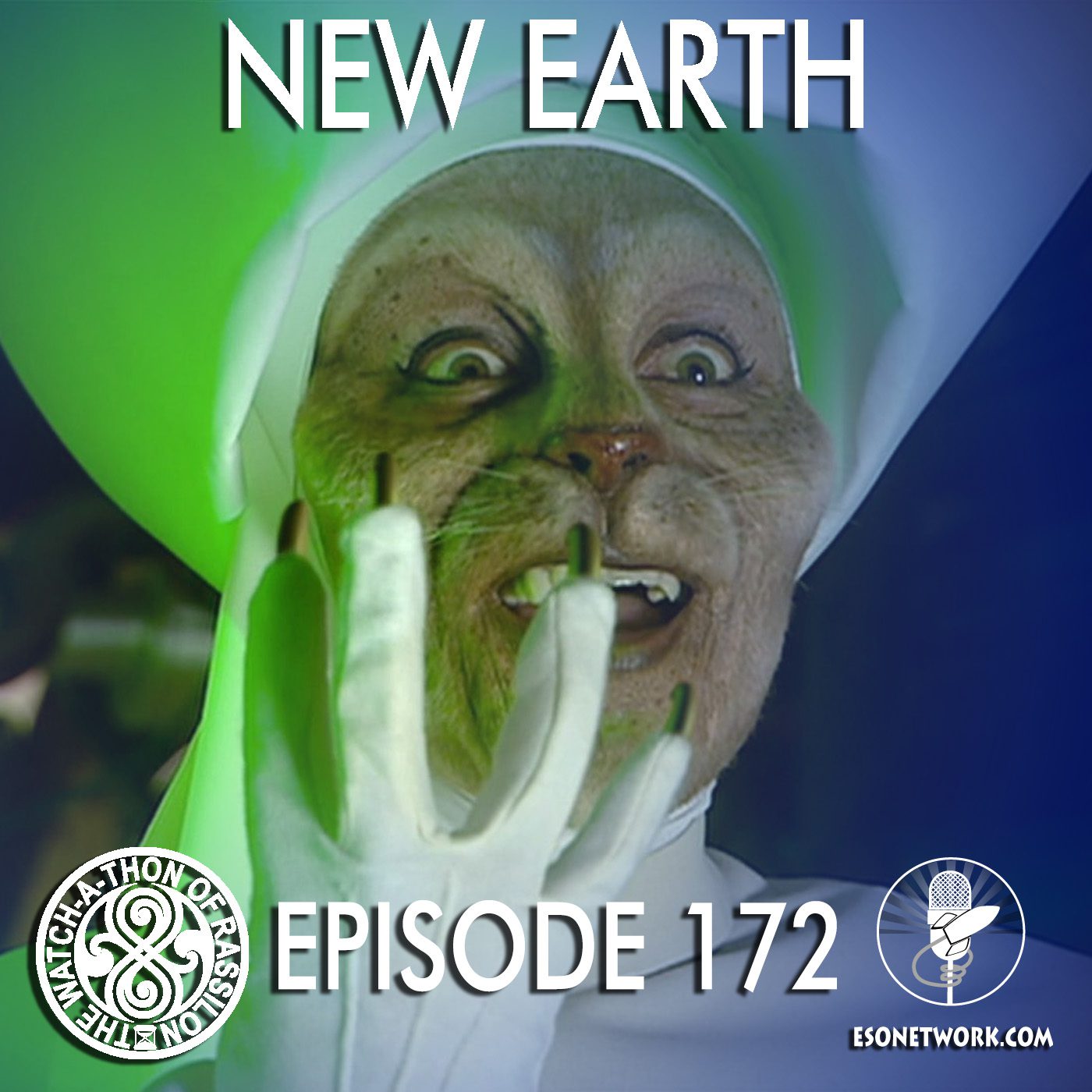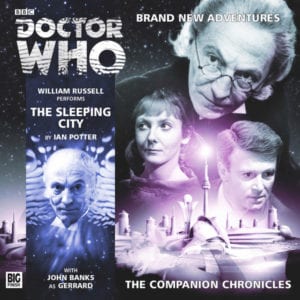 Blurb: After travelling with the Doctor through time and space, Ian Chesterton is back in his own time. But the mystery of how he and Barbara Wright disappeared in the year 1963 has alerted the authorities – and both are suspected of being enemy agents in the Cold War.
Blurb: After travelling with the Doctor through time and space, Ian Chesterton is back in his own time. But the mystery of how he and Barbara Wright disappeared in the year 1963 has alerted the authorities – and both are suspected of being enemy agents in the Cold War.
Ian protests his innocence. He has a story to tell about traveling through time and space.
And one adventure in particular – a visit to the city of Hisk…
Review: A city on a distant world in the far future, mysterious murders, a society that revolves around a machine capable of a fantastic science-fiction concept, and the Doctor getting into the middle of it. You’d be forgiven for thinking that it was the plot of actual 60’s Doctor Who serial, but it’s actually the premise for the last Companion Chronicle to date to feature William Russell as Ian Chesterton. Ian deals with the aftermath of returning home after a two year absence and tells a tale about the city of Hisk. It’s a world where everyone uses a machine that allows them to share their dreams, but it’s also a world plagued by numerous seeming suicides. Ian’s story seems unconnected with what’s going on around him, but figuring out why he’s telling the tale is part of what makes the story so engaging.
Author Ian Potter tells a tale that contains all the trappings of the Hartnell era, but also has a modern message fitting for our time. The pacing is similar to a Hartnell story. The travelers take their time learning about the world and experiencing it before they discover a problem that needs to be solved. Potter lets the Companion Chronicle format allow him to cheat a little by juxtaposing this with a story about Ian being questioned about his whereabouts for the last two years after he’s returned home. While it doesn’t rely on the listener’s familiarity with later Doctor Who, it’s certainly enhanced by the knowledge that the Doctor has visited 60’s Earth during the time that Ian was away, and it makes sense that there would be inquiries about him and his associates.
Potter uses these ingredients to tell a story about fear and mistrust. The paranoia of the Cold War in the 1960’s makes that a fitting location to discuss those concepts. At first, Hisk seems nothing like that. Everyone is open and friendly. Yet, Limbus exposes the unconscious motivations beneath the veneer. Everyone isn’t as friendly and trusting as they act in the waking world, but the technology that creates the shared dreaming experience means that the consequences resonate out into the waking world. The subject matter is surprisingly relevant. As the world becomes more polarized on the issue of tolerance for others based on gender, race, religion, national origin, and other factors; the dislike for the unlike and the fear of those with differences has become more starkly apparent. Potter’s story, although fictional, highlights a real problem and also gives some thoughts as to how the breach can be mended.
As a Companion Chronicle it’s important that Potter gets the characters right, and as usual he understands what makes these characters tick. As the story is told from Ian’s point of view, there’s a lot of insight into his view of the other characters. Ian clearly has feelings for Barbara, but it comes out in subtext of other things that he says. He’s concerned for her during his interrogation in the framing sequence, but he also feels disappointed that her dream self is all hard lines and angles. To him it feels as if she’s less than she is in the waking world. The Doctor as usual takes charge and gets other people to listen even when he has no authority. Ian gives some nice insights into the Doctor’s less than forthright nature. Just because the Doctor says something about why he behaves a certain way, it doesn’t make it true; and Ian has figured this out after traveling with him for so long. Vicki is hyperactive and curious, delighting in dreaming and not being able to hold herself back from telling them everything that happened when she awakes. She’s also prone to extreme bouts of melancholy when faced with a setback. Anyone familiar with the classic series will be familiar with the characters as depicted, since Potter does a superb job in writing them in the same style as they were written fifty years ago.
By now it should come as no surprise that the story contains a twist. Ian Potter is pretty much the M Night Shyamalan of the Doctor Who series. As usual, the twist works really well, and the entire story pivots on the reveal. The actual nature of the twist can’t be revealed without spoiling the story, but it is satisfying and helps to explain some inconsistencies in the narrative. It’s clever and it works, which helps to make this a little more than just a run-of-the-mill Doctor Who adventure.
It’s not a perfect story, though. So much time is spent setting up the story that the resolution comes remarkably fast. It’s a shame because the Hartnell style of worldbuilding is one of the highlights of the era. The story gets a chance to grow organically as the travelers explore and learn. The downside is that the Companion Chronicle format of two episodes doesn’t really support that structure. Once all the time has been taken to establish the world and the problem there’s nothing left for the resolution. It also seems to be a bit too easy, since the technology which previously required a physical connection can now act across distances. Yet, here, Potter has something of a saving grace in the form of an unreliable narrator. It’s established that at least some of Ian’s story may not have happened as he relates it. While the details of which parts are real and which aren’t are sketchy, it does mean that the resolution may not have been as simple as it’s stated. Yet, even that remains a little unsatisfying, since it would mean that the resolution isn’t given at all. While the story’s message isn’t impeded by that fact, it does leave an empty void in the story that will feel unsatisfying to some, if not most, listeners. The other issue is that after having spent so much time setting up the situation and the implications of what’s going on, Potter shies away at the last moment. In the end, the problem is caused by faulty machinery influencing the collective subconscious rather than the will of the people en masse manifested by the machinery. The latter would have been a far stronger conclusion and would have reflected one of the true perils of modern society, the fact that so many either accept or ignore the presence of bigotry. Giving it a sci-fi excuse takes away from that and makes the ending a bit weaker as a result.
Unfortunately, the voice work and soundscape aren’t as strong in this one as it is in many of the Companion Chronicles. William Russell delivers a good performance, but it’s clear at the time of the recording that his voice was already fading. It was bound to happen eventually. The man was ninety when this was recorded. It’s amazing that he was able to give such strong performances in his eighties, but now a few years older he is definitely flagging. He’s still good, especially when he’s performing as Ian, but the performances as the Doctor and the other characters are clearly taking their toll. The distinction between his narration voice and the Doctor has become less pronounced and the other characters come off as tired. John Banks puts in a strong performance as Gerrard, the interrogator who’s suspicious of Ian’s evasions and who just wants the truth. His other performance as Allett is a bit of a let down. Allett’s voice seems more like a silly comedy voice of a working-class man than an actual character. While the annoying effect that the voice creates may have been deliberate it still doesn’t forgive how fake he sounds. Thankfully, he’s not part of the story for very long. The music is a mix of some good, classic sixties stuff along with some really sorrowful tones and some tense, suspense building music. The sound effects are also mostly good, but the transitions between Ian in the framing sequence to the story that he’s telling employs this over the top whooshing sound that seems both out of place and unnecessary. The same sound has been used in other Companion Chronicles, but thankfully here at least it’s not employed as often.
Recommendation: A tale of fear and mistrust run rampant, The Sleeping City is a topical tale that does what good science fiction does best – highlighting real social issues with a fantastic situation. It’s a respectful rendition of the Hartnell era with numerous references to that period, the characters being just right, and that classic style of organic worldbuilding. It’s all a little let down by a weak ending brought about by the two-episode story structure and some voice acting and sound effects that don’t quite hit the marks. It’s better than it isn’t with the situation and storyline getting a nice resolution with a signature Ian Potter twist. By and large it works, and while it isn’t the greatest Companion Chronicle ever, it still makes for an enjoyable listen. I recommend getting it.
7/10
2014
Audio Drama
Big Finish Productions
Directed by Lisa Bowerman
Produced by David Richardson
Written by Ian Potter
Runtime Approx 60 min.








